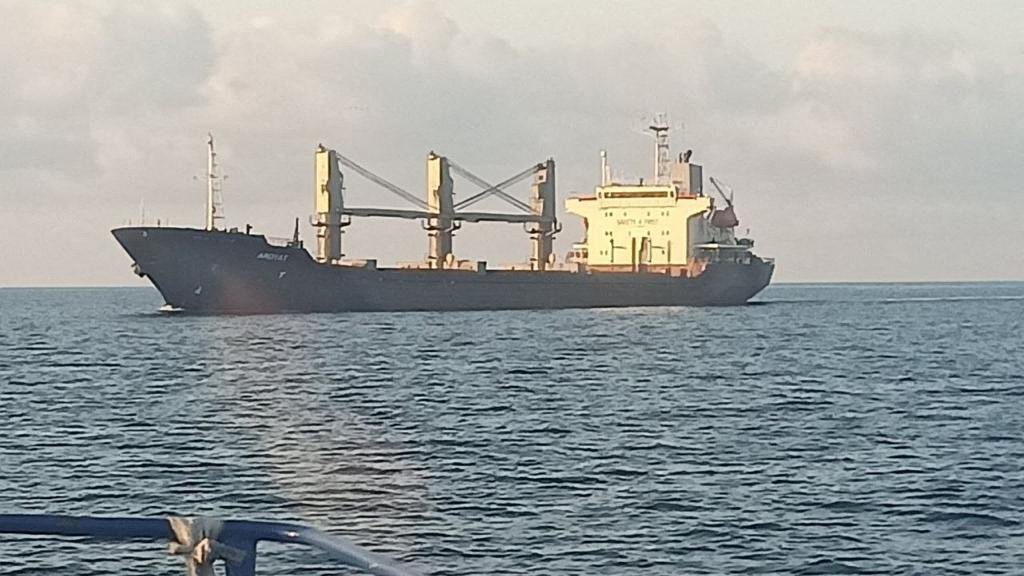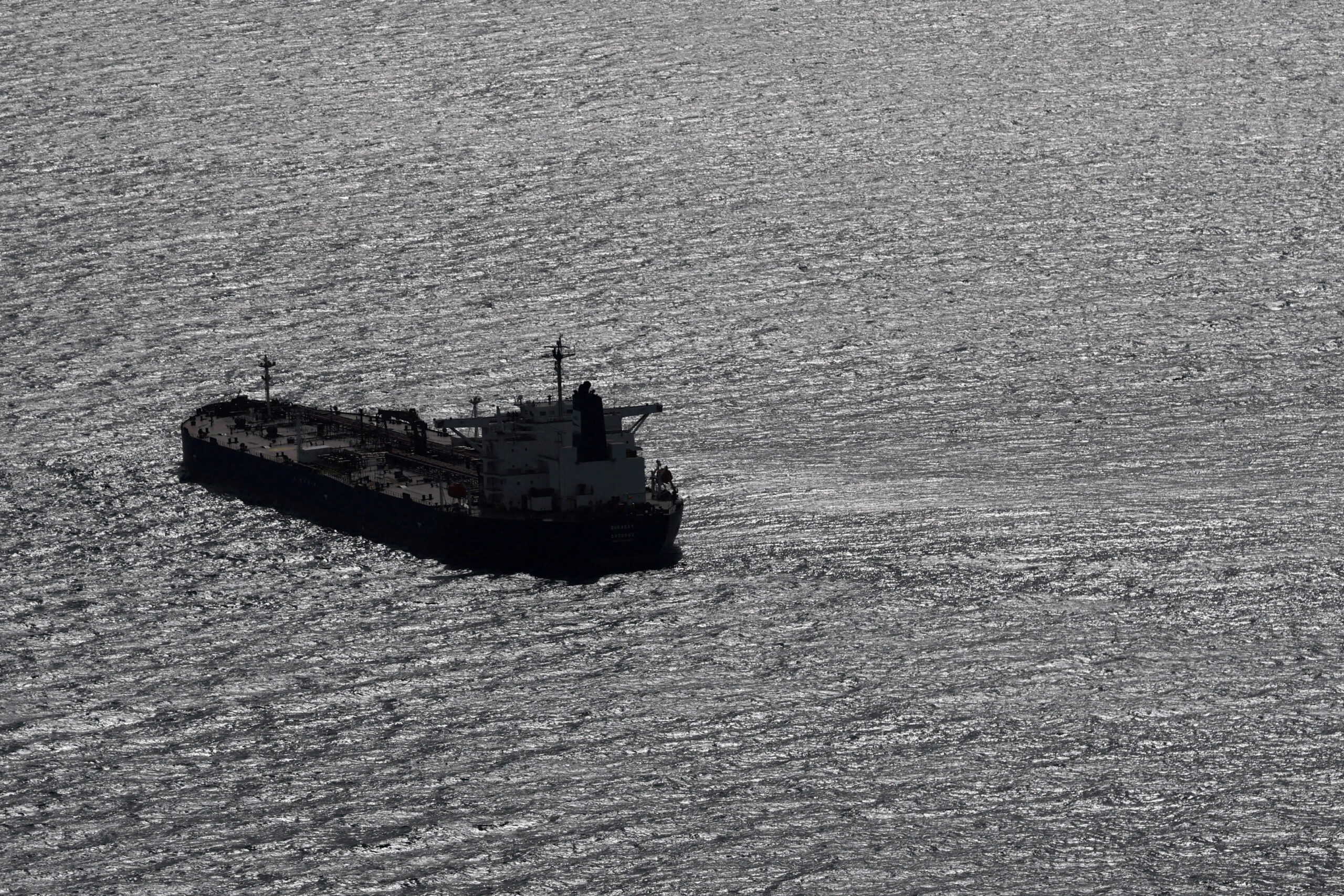(Bloomberg) —
Ukraine’s crucial Black Sea grain ports are again shipping out hefty amounts, but one major trader plans to keep exporting large volumes via much more expensive river routes.
Despite river cargoes barely turning a profit for Nibulon SA, its chief executive officer says it’s important to have a ready-to-use alternative in case Russian attacks cripple Odesa’s deep-sea ports again. He also expects it to have the knock-on effect of discouraging Russian strikes on Black Sea terminals as it makes such attacks less debilitating to the export industry.
“The very fact that we have alternatives provides protection for Odesa ports,” Nibulon CEO Andriy Vadaturskyy said in an interview. That’s “because Russia will understand that its spending for missile strikes will not deliver the effect they look for and the shipments will not stop.”
Ukraine is a key grain supplier, sending staples like wheat and corn around the world, most of which traditionally goes via the Black Sea. But since Moscow’s invasion — which initially blocked sea ports — traders have switched between sea, river, rail and road routes to maintain exports. That has helped to keep a lid on global prices and bring in vital income for Kyiv.
It has been about a year since Ukraine opened its own Black Sea corridor after Russia pulled out of a deal guaranteeing safe movement of vessels. The government said earlier this year that exports from Odesa ports almost reached pre-war volumes.
Read More: Ukraine’s Grain Shipments Help Economy Grow Faster Than Forecast
Still, the deep-sea ports have continually been attacked by Russia. River operations that send smaller ships to destinations such as Europe or Egypt, or to Romania for transshipment, have also been attacked. A missile hit a Louis Dreyfus Co. facility in Odesa on Wednesday, though the company said there should be no material disruptions to terminal operations.
“We should not think that exports through Odesa ports are guaranteed,” Vadaturskyy said. Half of Nibulon’s shipments currently go through the Black Sea and half via the Danube River, where export costs are about $6-$7 a ton higher.
While risks persist over Ukraine’s exports and the country’s crop is expected to drop this year due to weather setbacks and a smaller harvest area, for now the world remains well supplied. Benchmark wheat and corn futures are trading at roughly half of their peaks set in 2022 amid bumper supplies elsewhere.
Nibulon previously didn’t export via the Danube, but invested $22.5 million in logistics operations there when Russia blockaded Ukraine’s ports at the start of the war. Those facilities have helped stabilize the company’s finances during periods when Black Sea flows were affected.
Nibulon’s Danube routes are currently operating at about a third of capacity, Vadaturskyy said. The unused capacity could be crucial if traders need to suddenly switch more volume away from Black Sea terminals.
“This is the right time to prepare for any challenges and have alternatives when the economy suffers,” the CEO said.
© 2024 Bloomberg L.P.
Editorial Standards · Corrections · About gCaptain
This article contains reporting from Bloomberg, published under license.

 Join The Club
Join The Club










